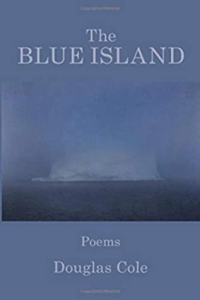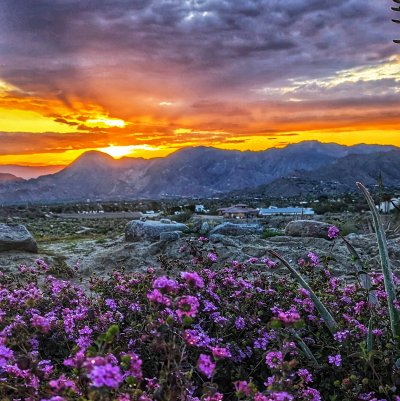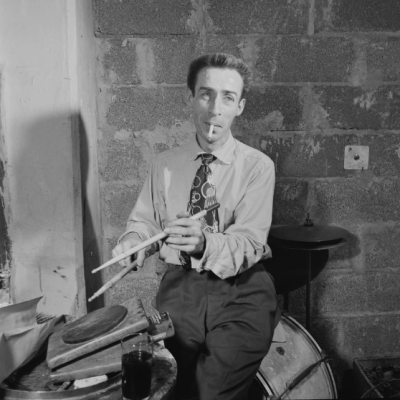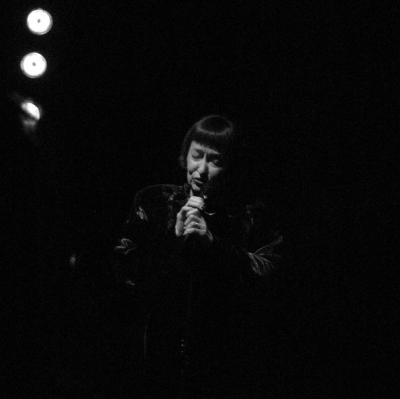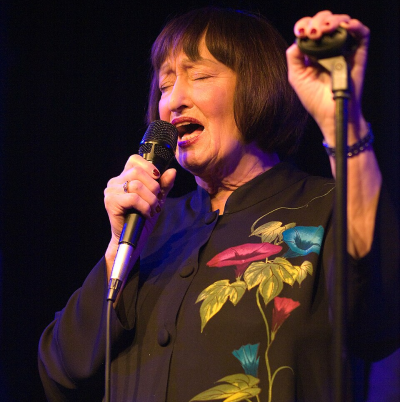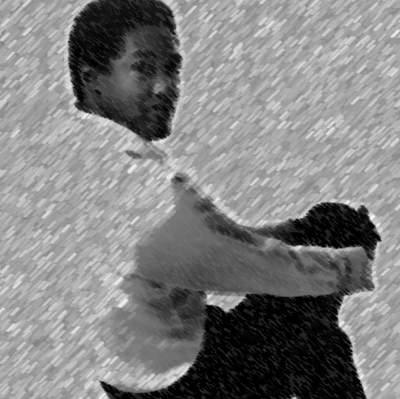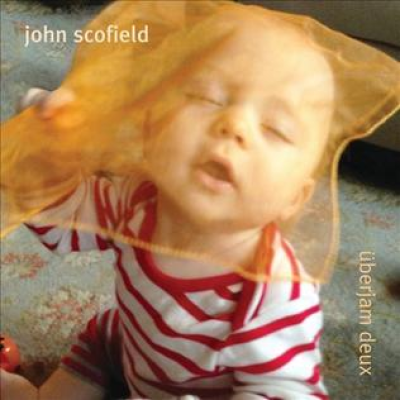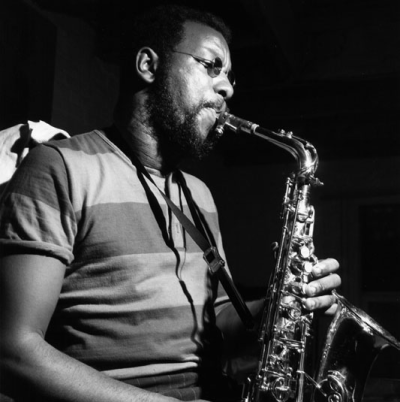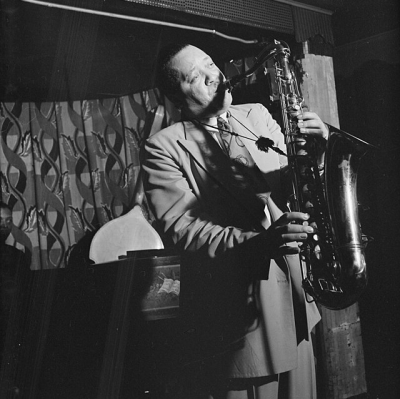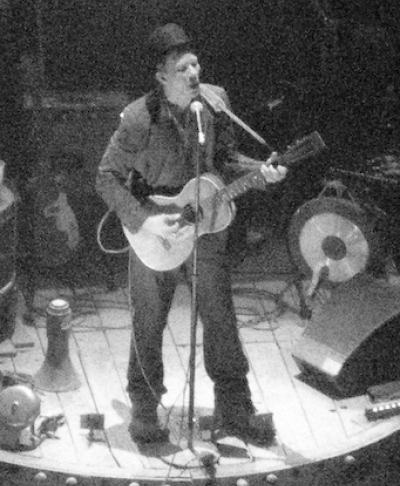.
.
Trading Fours with Douglas Cole is an occasional series of the writer’s poetic interpretations of jazz recordings and film
.
.
___
.
.
“Blow by Blow” is a portrait of Berkeley, California in the 1970’s, and the fusion jazz that was finding its way onto the scene at that time.
A recording of Mr. Cole reading this work is found at the conclusion of the poem.
.
.
___
.
.
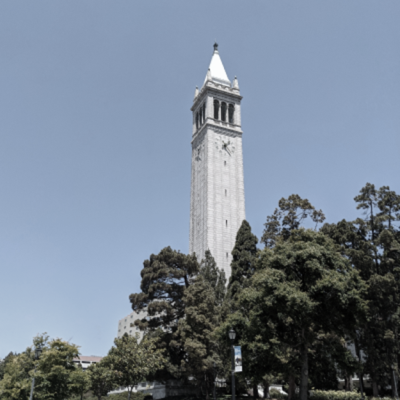
The campanile on the campus of the University of California, Berkeley
.
.
Blow by Blow
It’s the Seventies, out loud, that forward bass funk
and Blues guitar, that speedy growl.
This does not happen without James Brown.
Soundtrack to shootouts, party nights, shag rug, lava lamp.
I think the guitar is saying something in words.
Running Benvenue, night, running like crazy across Underhill field,
streets overhung with vines, it all looks like a jungle to me—
needle rain, that one bedroom apartment on Dwight,
low rumble of Telegraph Avenue.
Bus strike, school strike, Northside wild: Cal Cameras, Laval’s,
bins of illegal falafel grain in Anne Melah’s garage,
Euclid trickles down to the archway of Cal, eucalyptus trees,
red tile rooftops, groves, Sproul Plaza, Sather Gate.
The cement takes on the texture of the sound.
Jeff Beck out there with the Grateful Dead, Al Dimeola,
Parliament Funkadelic and James Brown, did I mention James Brown?
Jazz fusion is jazz James Brown.
Back to Dwight and Benvenue—I’ve got things to figure out.
You with me? You walking all the way with me in heavy rain
down railroad tracks to West Campus, history class,
soaked to the bone, fever by four, then back home, deep shiver,
eyes red glued shut, windows and walls throbbing,
circus lights from People’s Park, drums, congas, train rhythm
rolling in and out of my consciousness.
Ah, love, I’ll learn Spanish for you, I’ll paint the house,
I’ll hop the bodies on the porch.
Santa Cruz summer, king waves, Capilano Drive,
the coves of Aptos,
Sunshine rising naked from the waves
to sit beside us on the beach.
Back to Northside, Virginia Street, the Rose Garden,
brothers arriving from Hugo territory,
scholar sister Chris,
Thanksgiving and Doctor Dave a little overeager with the flu shots,
and Charlie says, Man, we’d get up, smoke a joint,
put on Southern Comfort, run uphill to the M,
bomb off to class, high, glorious.
Charlie, Chris, and Mike in old man Valentine’s place
after the years he lived alone,
sitting in his kitchen by the open stove for heat,
strolling slow on evening constitutionals
(he’s ninety-something after all)
sporting in his pinstripe suit.
Now I’m long-striding up Fulton Street to Haste,
pontificating with Randall Mullins,
Bobcat Goldthwaite doing his routine in a Piedmont church,
James Brown, Herbie Handcock, Weather Report,
Crusaders, James Brown, ConFunkShun, James Brown,
jazz and James Brown equals fusion, Jeff Beck speaking in licks,
Jeff Beck on his way today…
The Seventies are never the same: that look, that stride,
Starsky and Hutch, Hillstreet Blues, Baretta, Shaft…
I learned every alley, trail, basement, hideout,
years dead end on Warring, bottle-smashing Hearst,
bombers and beers,
Andreas Godfrey’s house party in the hills,
his father, a mathematician, in the living room dark,
slipping into dementia.
The Magic Christian at the UC Theater,
Bootsy Collins in a stretch limo,
riding up Bancroft and waving through the sunroof,
those star glasses and that gold-tooth smile…
music made the scene, music made the moves, the attitudes, the world views—
you want to time travel, get inside the music.
It’s the way a piano thinks, the everlasting at Stinson Beach,
from first light to dusk—sometimes the sea is a big martini,
and the sun is just a swizzle stick.
Rough ascent from that room on Milvia,
around midnight, the moon insistent at the window,
puffed up red as a fresh heart—I mean,
where do I go from there? To the bathroom?
Look in the mirror? I’ve got to get out of here!
And Charlie says, You’re not leaving without me.
Mary Helen puts the earth on her shoulders like a backpack.
Strawberry Creek taps into the garden of Eden,
in this light, this bright moonlight,
the water lit-up flowing black and gold.
After that it all adds up, a little,
don’t pay any attention to the curtains,
they’ve been whispering and hissing all night,
spider casting its web from heaven to the crown of your head.
Berkeley, you never change the way you’re always changing.
All it takes is music, though going back I find
less and less is there I know, the world that was.
Now is more voracious, this is true,
whatever street you’re on, especially one’s I mentioned.
Charles Simic says from “Hotel Starry Sky,”
“I wasn’t there yet I saw everything.”
He and Jeff are leaving today. That’s a simple truth,
even if truth isn’t simple,
like saying fusion jazz is jazz plus James Brown.
.
Listen to Douglas Cole read “Blow by Blow”
.
.
___
.
.
The following tracks are examples of music referred to directly and indirectly in the poem that would have been heard in dorm and apartment rooms, bars, cafes, and clubs in Berkeley in the early-to-mid 1970’s.
.
James Brown, “Ain’t it Funky” (1970); [Universal Music Group]
.
___
.
Herbie Hancock, “Chameleon” (1973); [Sony Music Entertainment]
.
___
.
Jeff Beck, “Thelonius” (1974); [Epic Records]
.
___
.
The Crusaders, “Time Bomb” (1974); [Universal Music Group]
.
___
.
Weather Report, “Black Market” (1976); [Columbia/Legacy]
.
.
___
.
.
photo by Jenn Merritt

.
Douglas Cole has published six collections of poetry and The White Field, winner of the American Fiction Award. His work has appeared in several anthologies as well as journals such as The Chicago Quarterly Review, Poetry International, The Galway Review, Bitter Oleander, Chiron, Louisiana Literature, Slipstream, as well Spanish translations of work (translated by Maria Del Castillo Sucerquia) in La Cabra Montes. He is a regular contributor to Mythaixs, an online journal, where in addition to his fiction and essays, his interviews with notable writers, artists and musicians such as Daniel Wallace (Big Fish), Darcy Steinke (Suicide Blond, Flash Count Diary) and Tim Reynolds (T3 and The Dave Matthews Band) have been popular contributions. He has been nominated twice for a Pushcart and Best of the Net and received the Leslie Hunt Memorial Prize in Poetry. He lives and teaches in Seattle, Washington. Click here to visit his website..
.
.
The poet’s collection, The Blue Island
.
.
___
.
.
Click here to learn how to submit your poetry
Click here to subscribe to the Jerry Jazz Musician newsletter
Click here to help support the continuing publishing efforts of Jerry Jazz Musician
.
.
.




